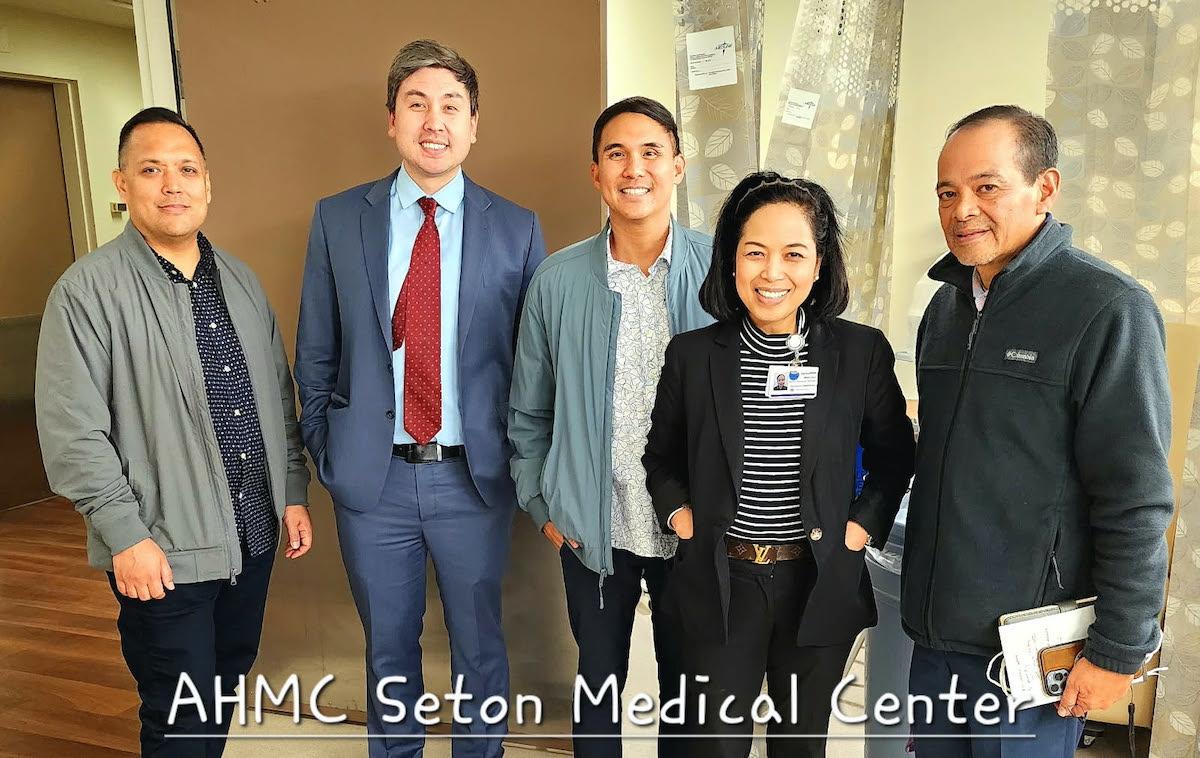SACRAMENTO – On Tuesday, June 25, California Governor Gavin Newsom announced an agreement to enhance the state’s ability to prepare for and potentially prevent the next pandemic by integrating the California Initiative to Advance Precision Medicine into the California Health and Human Services Agency (CalHHS) and broadening its scope to include technologies relevant to pandemic prevention.
Precision medicine, particularly when used with advanced diagnostic tools for infectious diseases, has the potential to alleviate the burdens of future pandemics by enabling early detection, faster response, and more effective countermeasures.
“The COVID-19 pandemic highlighted the necessity for robust public-private partnerships to respond rapidly to emerging public health threats. By harnessing the power of precision medicine, California is moving to the forefront of pandemic preparedness and prevention,” Gov. Newsom said in a release sent out by his office.
Pandemic preparedness and prevention are critical to safeguarding public health and ensuring societal and economic resilience against infectious disease outbreaks. This involves a multi-faceted approach that includes early detection through advanced diagnostics, rapid response mechanisms, and the integration of data and technology to monitor and predict disease trends.
Strengthening healthcare infrastructure, enhancing the public health workforce, and fostering community engagement are also essential components. By strategically investing in precision medicine research to develop next-generation tools and approaches, the state can achieve a more targeted and effective response to infectious diseases.
The California Initiative to Advance Precision Medicine was launched in 2015 to support collaborative research and foster partnerships between the state, researchers, patients, communities, and industry to further the aims of this approach to health and medicine. Precision medicine aims to use advanced computing tools to aggregate, integrate, and analyze vast amounts of data from research, clinical, environmental, and population health settings, to better understand health and disease, and to develop and deliver more targeted diagnostics, therapeutics, and prevention measures.
Max Henderson, co-founder, CEO, and Chief Data Scientist at CovidActNow, a U.S.-based nonprofit formed in April 2020 to provide modeling and infrastructure to track the spread of the pandemic, said, “The time to prepare is now. California already has many promising technologies to mitigate future pandemics, but we need consistent focus to drive down costs and deploy them in the field. This new focus on pandemic prevention will help California lead the way in preventing the loss of life, economic devastation, and large-scale shutdowns from future outbreaks. I commend the Newsom administration for pledging to carry on this important work.”
“California aims to set a new standard for pandemic preparedness and prevention, ensuring a safer and healthier future for all residents,” said Dr. Mark Ghaly, CalHHS Secretary. “This move underscores California’s commitment to advancing public health through innovation.”
For his part, Dr. Steve Luby, Director of Research at the Stanford Center for Innovation in Global Health and globally renowned expert in pandemic prevention, stated: “There are very few actions we can take in this world that could result in alleviating more suffering and saving more lives than preventing another global pandemic – I am glad to see Governor Newsom and the State of California pick up that torch to help Californians and all of humanity.”
This reorganization and expansion is reflected in AB/SB 164. Once this legislation is passed by the Legislature, Californians Against Pandemics, proponents of a ballot initiative eligible for the November 2024 ballot that would create the California Institute for Pandemic Prevention, have agreed to withdraw their measure.
(CA Governor’s Office Release) n





